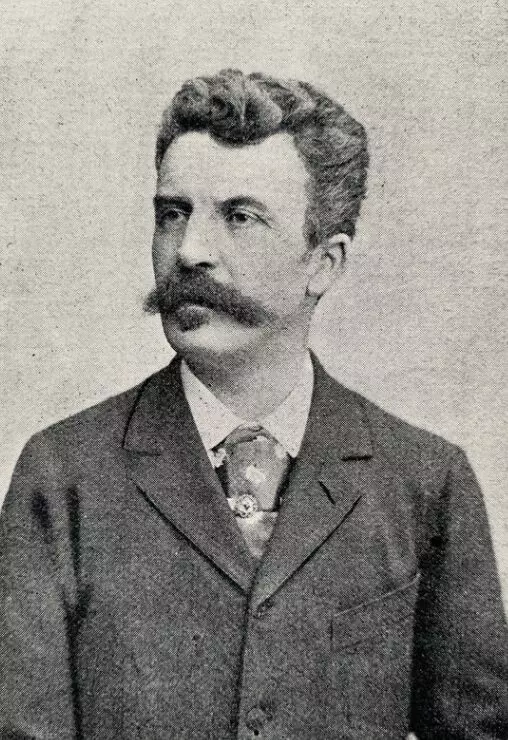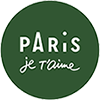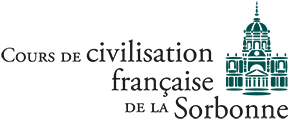Tool Words or Functional Words
Within the richness of the French vocabulary, the most used words, often tool words or functional words, are distributed into different categories essential to linguistic construction. These are fundamental terms for formulating sentences and basic language comprehension. In addition to articles, pronouns, prepositions, conjunctions, and adverbs, nouns and adjectives also play a significant role in this list.
Nouns
Nouns are fundamental elements used to designate people, objects, places, or concepts. They are indispensable for communication, allowing the identification of elements that populate our daily lives. Nouns such as “man,” “woman,” “house,” “city,” and “love” are among the most used words, transcending contexts.
Adjectives
Adjectives enrich the language by providing details about the characteristics of nouns: they thus allow the description and qualification of mentioned elements. Adjectives commonly used by French speakers – such as “big,” “small,” “beautiful,” “interesting,” and “important” – contribute to the creation of nuances and the transmission of more complete information.
Articles, Pronouns, and Prepositions
Thus, in the construction of a sentence, these categories blend to give rise to structured communication rich in meaning. For example, the use of articles determines whether the noun is specific or general (“the dog” vs. “a dog”), personal pronouns simplify repetition (“he” for “the boy”), and prepositions define spatial or temporal relationships between elements of the sentence (“to,” “of,” “on”). Thus, pronouns such as I, you, he, she, we, you, they, them undoubtedly count among the most used words in French.
Adverbs
Adverbs then add nuances to the action, indicating how, when, or to what extent something occurs. The choice of conjunctions creates links between ideas, expressing relationships of cause, consequence, condition, or opposition. The most commonly used adverbs in French are frequency adverbs like “always,” “often,” “sometimes,” “rarely,” “never”… In summary, these tool words distributed among articles, pronouns, prepositions, conjunctions, adverbs, nouns, and adjectives, form the foundation of the French language. They are inextricably linked, working together to express ideas, convey emotions, and construct coherent narratives. Mastering these essential words is a fundamental pillar of linguistic competence in French, which is why they are among the most used French words.







